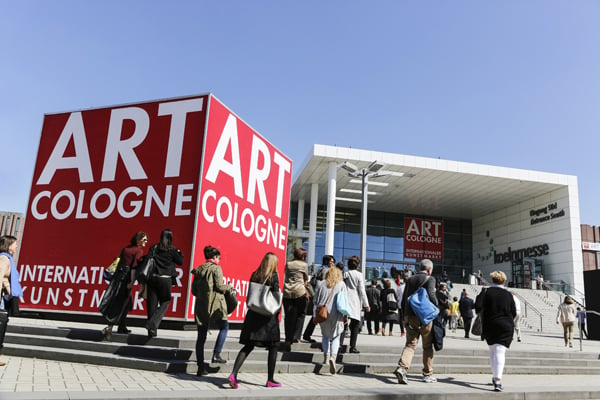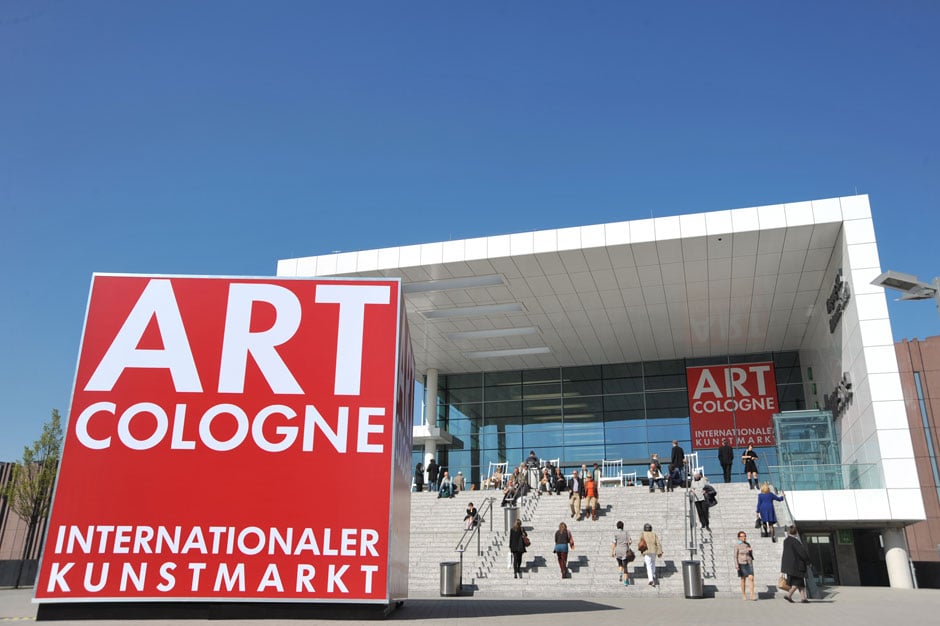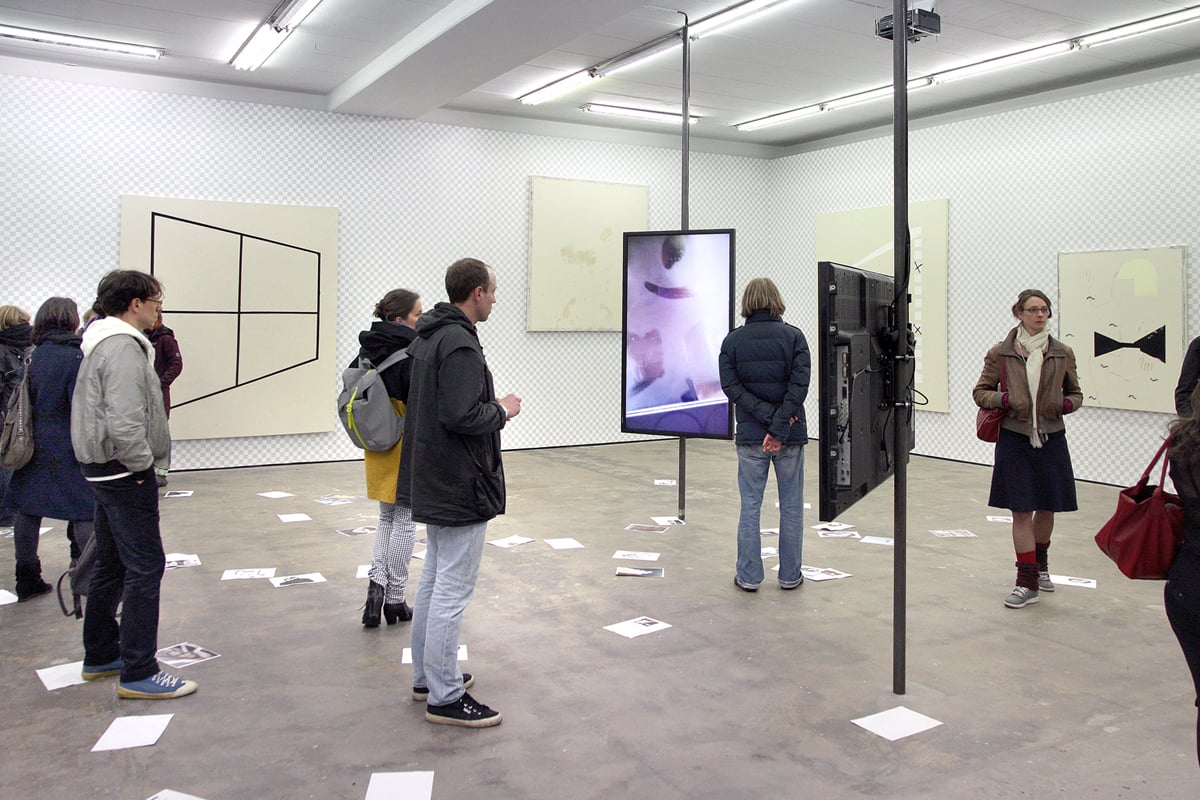Art Fairs
No Solution In Sight in Art Cologne and Gallery Weekend Scheduling Dispute
The German market stands to suffer as a result.

Photo: Koelnmesse
The German market stands to suffer as a result.

Henri Neuendorf


Art Cologne.
Photo: Koelnmesse
As the clash of dates between Art Cologne and Berlin’s popular Gallery Weekend remains unresolved, the German art scene continues to hope for a resolution between its two flagship events.
Last week, Art Cologne—Germany’s largest and oldest art fair—announced that its 2017 edition will take place from April 28 to May 1, the dates traditionally occupied by Berlin’s Gallery Weekend.
In the postwar era, Cologne was the epicenter of Germany’s art trade. In the ’90s, galleries and artists gradually migrated to Berlin, attracted by cheap rent and an abundance of suitable studio and gallery spaces.
Since then Berlin has grown to become the center of Germany’s art market, leaving Cologne and the surrounding Rhine region with only a handful of resolute gallerists.

Over 50 Berlin-based galleries host simultaneous openings on Gallery Weekend, attracting collectors from around the world.
Photo: Marco Funke, courtesy Gallery Weekend Berlin
Just as the long-running rivalry between the two cities seemed to have settled into a state of productive mutual unity—much to the relief of all market participants—this unexpected turn of events has reignited the competition for market share, galleries, collectors, and institutional clients.
However, suggestions that Cologne is resorting to underhand scheduling tactics to claw back market share from Berlin were quickly dismissed by some. “I don’t think that’s the case,” Berlin gallerist Guido Baudach told artnet News in an e-mail. “That the fair has now fallen on Gallery Weekend’s traditional date has nothing to do with takeover desires or grand strategies. The whole thing isn’t that novelistically interesting.”
Cologne’s director Daniel Hug insists that the scheduling clash is due to another convention that extended its reservation of the Koelnmesse convention hall, forcing him to choose another date.
But as soon as Berlin’s dealers and galleries indicated that they would forego participation of Art Cologne in favor of the local Gallery Weekend, the narrative quickly changed. A total of 21 Berlin-based galleries take part in both events, and Art Cologne relies on their participation.

Berlin-based gallerists have indicated that they will not attend Art Cologne if the clash of dates goes unresolved.
Photo: A. Savin via Wikimedia Commons
According to Die Welt, Hug already attempted to forge a partnership with the rival event in Berlin, but his efforts were quickly dismissed by organizers in the German capital.
Gallery Weekend knows that they have greater bargaining power because they have over 20 galleries on their side. They also know that collectors and curators will see both events—leaving Art Cologne with a shortage of customers over the weekend—so the impetus is on Hug to find a solution.
Why is a date so important? In 2016, the global art market has already shown signs of recession. Meanwhile, the legal framework in Germany remains difficult; a 19 percent VAT rate makes buying art in Germany expensive, and impending changes to Germany’s cultural heritage legislation is making collectors nervous.
The last thing the domestic German market needs right now is a renewed spat between its two most important attractions.